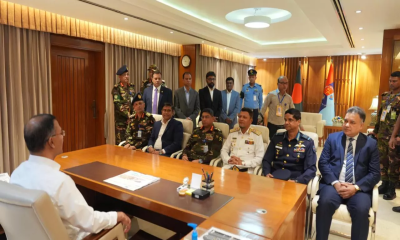Nobel laureate and Bangladesh’s Chief Adviser Muhammad Yunus has expressed his long-standing desire for Bangladesh to join the Association of Southeast Asian Nations (ASEAN), but former Malaysian Prime Minister Mahathir Mohamad has cast doubt on the possibility, citing geographic and political barriers.
In a recent interview with ITV, Mahathir acknowledged Yunus’s efforts to build international support for Bangladesh’s ASEAN membership but firmly noted that geography stands in the way.
“The geographic boundary of Southeast Asia does not naturally include Bangladesh,” Mahathir said. "We must respect the geographic definition, or else ASEAN would become like a second United Nations.”
While Mahathir left room for Bangladesh to participate as a dialogue partner or observer, similar to countries like Japan, the UK, and the US, he appeared unconvinced that full membership is attainable. His comments came shortly after a recent meeting with Yunus in Japan, where the two leaders discussed Bangladesh’s regional aspirations and internal political challenges.
Beyond regional diplomacy, Mahathir offered critical reflections on Bangladesh’s current political climate following the ousting of Sheikh Hasina’s government in what he described as a “popular uprising.”
Although the mass movement succeeded in removing the long-standing Awami League leader, Mahathir observed that the unity forged to unseat Hasina has rapidly unraveled. "People were united to remove Sheikh Hasina, but there is no unity on what kind of government they want now," he said. "Everyone wants their own vision to prevail, and that’s where the problem lies."
He warned that the political factions that once stood together are now engaged in internal conflicts and power struggles, potentially jeopardizing Bangladesh’s path toward democratic stability.
Despite expressing concerns about Bangladesh’s political transition, Mahathir was effusive in his praise for Muhammad Yunus.
He described Yunus as “a man of great stature” and said his Nobel Peace Prize was well-deserved, noting Yunus’s tireless work for the poor and his disinterest in personal power. "He did not lust for power; he worked for the people," Mahathir said.
When asked whether he had offered Yunus any political advice during their recent meeting, Mahathir replied that he had not. "I listened to him. I know he is in a difficult position. But I don’t think I am qualified to tell Bangladesh how to proceed."
Looking ahead to Bangladesh’s upcoming general election, Mahathir offered a philosophical view on democracy itself. "The problem with democracy is that people do not always choose the best leaders. Sometimes they choose the wrong ones," he said. "But if the people of Bangladesh carefully consider their choices, I believe they can select a good government."
Mahathir also addressed the Rohingya refugee crisis, where he reiterated Malaysia’s limited capacity to assist further. "We have tried to persuade Myanmar, but we have not been successful. Now it’s time for other countries, including those in Southeast and East Asia, to step in," he said.
When asked why Bangladesh, which has already taken in over one million Rohingya refugees, should do more, Mahathir gave a blunt response: "Because Bangladesh is their closest neighbor. Naturally, they will go to the nearest country. They won’t go to London."


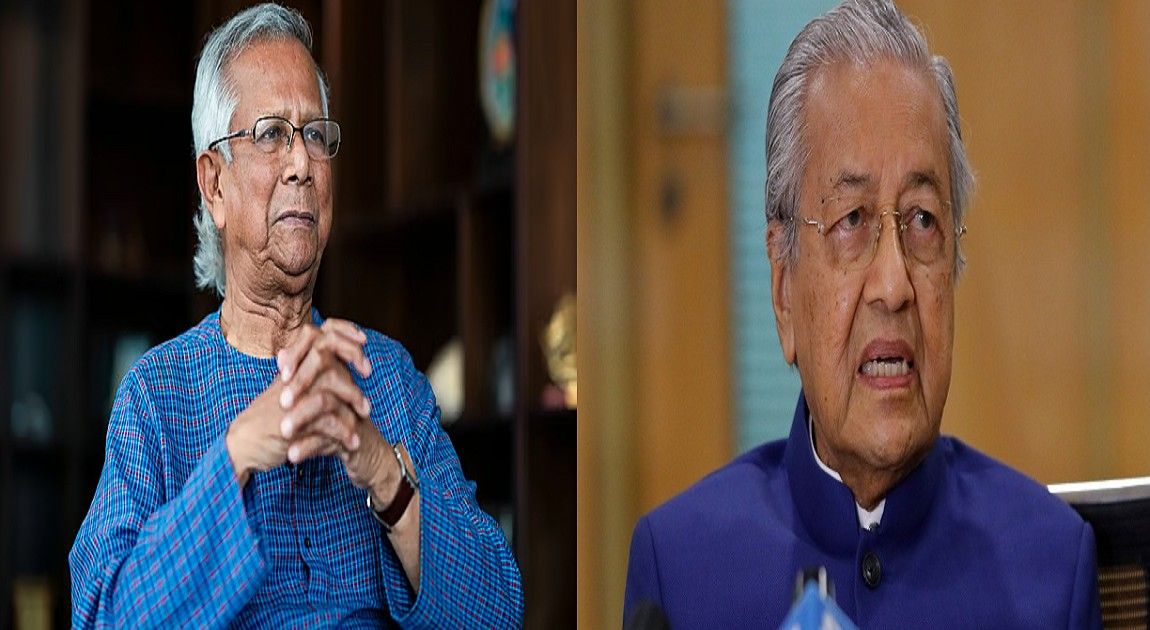

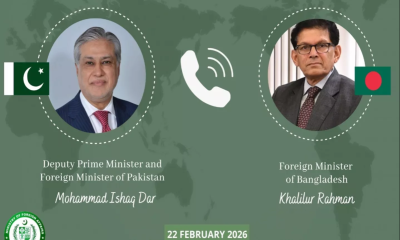

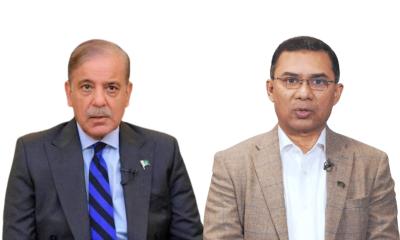
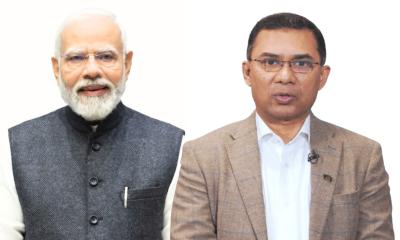

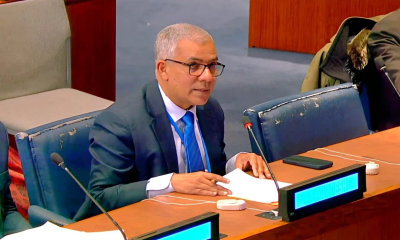



-20260224075258.webp)


-20260224065127.webp)

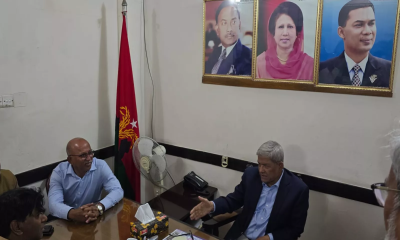
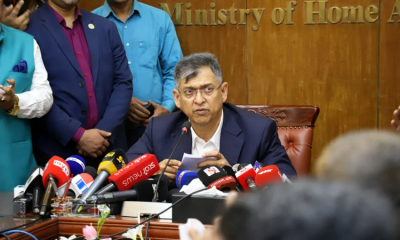
-20260223082704.webp)
-20260223074941.jpeg)
-20260223062301.jpg)
